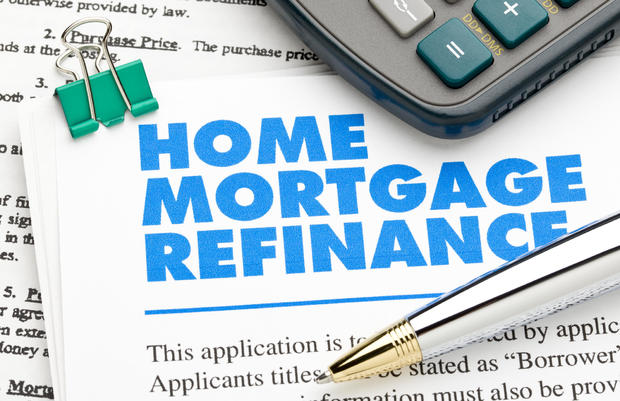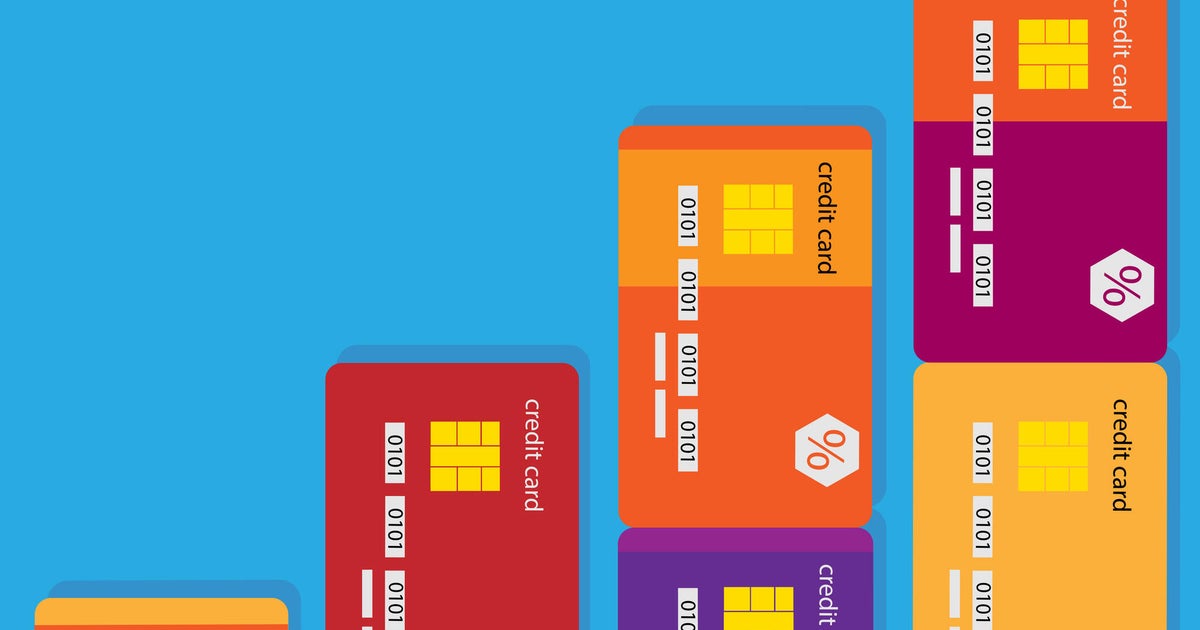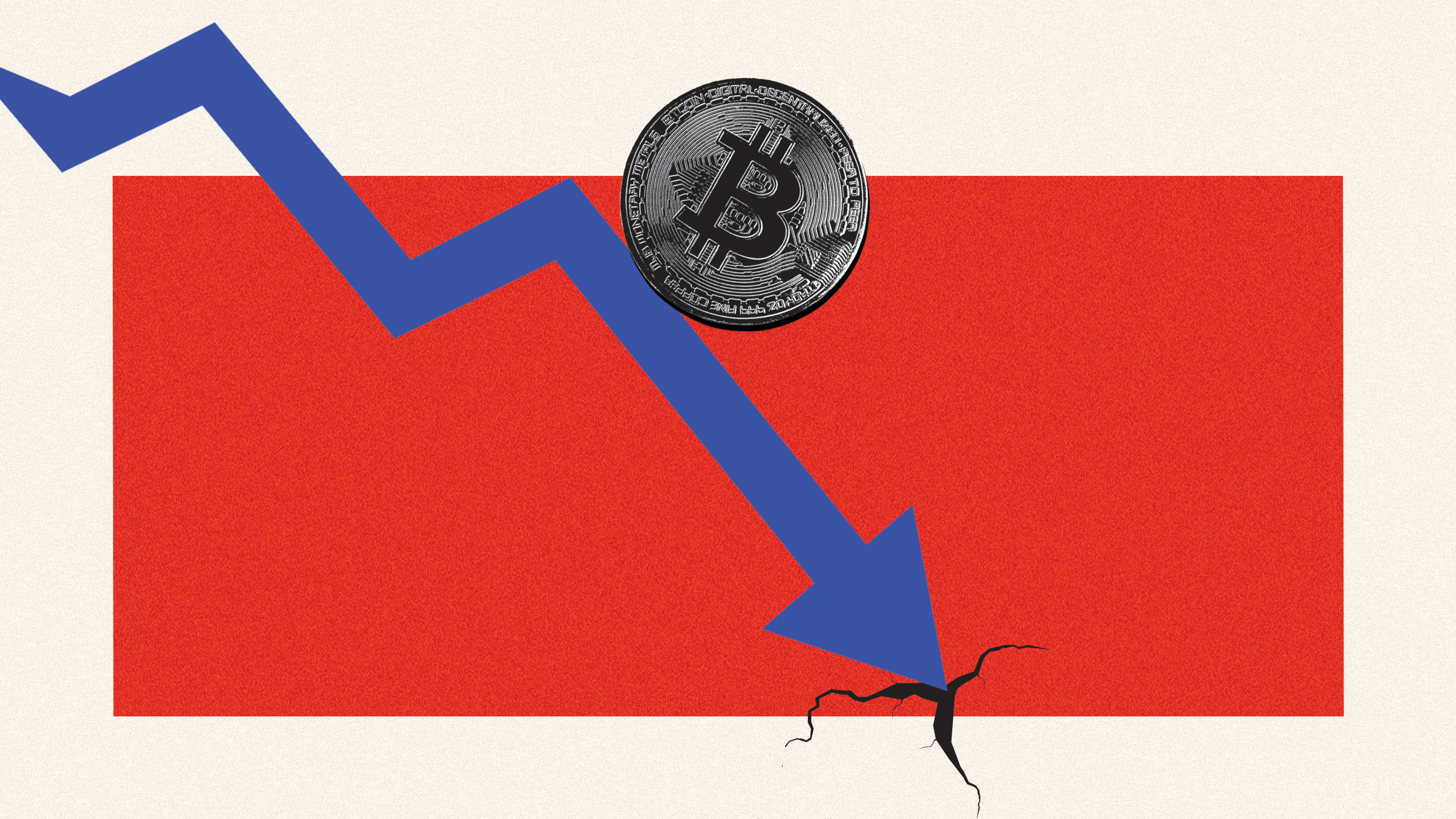Mortgage refinancing: Everything you need to know
Home mortgage loans represent one of the most common types of debt for Americans - with more than $1.6 trillion in new loans originating in 2021 alone. Fannie Mae expects that number will continue to climb this year. Across the country, Americans now hold around $17.6 trillion in total mortgage debt and, according to Experian, an average home loan balance of $220,380. If you're among those who fall into this category, you're clearly not alone.
Many of these mortgage loans have repayment terms as long as 30 years. Whether you have a short or long-term loan, it's important to know you can make changes.
You may not be in the same financial situation as when you first bought your home and the loan you took out may no longer be your best option a decade or two from now. That's where mortgage refinances come into play. Before moving ahead with a refinance, make sure to shop around for a lender that fits your needs.
What is a mortgage refinance?
Refinancing your mortgage loan is the process of using a new home loan to replace an existing home loan. Your new loan - which can originate from the same lender or a different lender - serves to pay off the old mortgage, which is completely satisfied and the account closed. You're then bound to the terms of the new mortgage loan until it is repaid in full (or refinanced again).
The refinance process will feel similar to the original mortgage loan process in some ways, though for many borrowers, it's much easier and faster. You will need to apply and go through many of the same underwriting steps as when you first bought your home, verifying things like your credit history, income and current debt burden. If approved, the lender will offer you specific loan terms and repayment options to choose from.
The entire process can take anywhere from a few days to a month or more, depending on your home, financial situation, and even the type of loan(s) involved, so plan your timeline accordingly. You'll want to compare mortgage lenders to see what kind of rates and loan terms they offer and ensure you're getting the best deal. Your original lender may not always be the best bet.
6 reasons to refinance your mortgage
Though it isn't for everyone, there are many great reasons you might consider refinancing your mortgage loan. Here are a few:
- You may be able to reduce your interest rate. The interest rate on your mortgage loan dictates how much your loan will cost you in the end. Even the difference of a single APR point can mean tens of thousands of dollars in savings over the years. If market interest rates have dropped and/or your credit score has improved enough that you qualify for a notably lower interest rate, consider refinancing. It's important to do the math here to ensure that your savings will make up for any closing costs on your new loan. If you can save 1% or more, it's typically worthwhile.
- You can adjust a monthly payment. Refinancing allows you to change any and all of your home mortgage terms. If you are struggling and need a lower monthly payment, for instance, a refi can extend your loan term and give you a lower monthly payment requirement, even if your interest rate doesn't improve.
- You can use it to pull equity out of your home. If your property is worth considerably more than you owe on it, a cash-out refinance allows you to withdraw some of that equity in cash. You can then use that cash to pay off debt, purchase a new property, cover big expenses (like college tuition) or just have a cash safety net. With a cash-out refi, you are usually limited to a loan-to-value (LTV) of 75-80%, on average. Let's say you owe $100,000 on a property that is now worth $300,000, so you have $200,000 in available equity. If your lender allows for an LTV of 80%, you can have a maximum new mortgage loan of $240,000. This gives you an available cash-out withdrawal of up to $140,000.
- You can change your mortgage loan type. There are many types of mortgage loans, including conventional and government-backed options. Some federally-secured loans, such as FHA loans, have additional fees and limitations that homeowners may want to eliminate as the years go on. A homeowner with an adjustable-rate mortgage might want to switch to a fixed-rate mortgage. Refinancing into a conventional loan can accomplish this.
- You can remove a co-borrower. If you purchased a home with a co-borrower, such as a parent or even a former spouse, you may want to take over the loan by yourself. If your mortgage lender won't allow you to release the co-borrower, you can always refinance into a new loan on your own (assuming that you qualify).
- You can remove a PMI requirement. When you purchase a home with a conventional loan and put less than 20% down, you will usually be required to pay monthly private mortgage insurance (PMI) on the loan. If your property value increases, however, and you have more than 20% equity built up, refinancing can allow you to drop this PMI requirement ahead of schedule.
If you think one or more of these benefits apply to your current loan then consider refinancing today. Speak to a mortgage expert who can help you get started.
How much does it cost to refinance a mortgage?
The cost of refinancing a mortgage depends on many factors, such as the loan type, the mortgage lender, your credit score and any incentives or promotions.
Typically, a mortgage refi can involve the following:
- Closing costs (including title fees and lender expenses)
- Points (paid to reduce your new loan's interest rate)
- New home appraisal (often required for cash-out refinancing, this helps your lender understand your property's current market value)
- Taxes
Recent data from ClosingCorp found that the average closing costs for a mortgage refinance in 2020 were $3,398, which includes applicable taxes. Some lenders will waive certain fees or may be willing to roll these costs into your new mortgage loan.
When should you refinance your mortgage?
If you're considering a mortgage refinance, it's important to consider whether the savings and other benefits outweigh the cost. For many homeowners, it can be wise to at least crunch the refi numbers if:
- Your credit score improves. This can unlock lower rates and better loan terms
- Market rates have dropped, giving you access to better loan terms without changing anything else about your own creditworthiness.
- You need to pull cash out of your home's equity.
There is no magical timeframe. Mortgage refinancing is right for different homeowners at different times and for different reasons. Refinancing too soon after purchasing the home can have some implications - such as reducing your credit score further or introducing lender wariness - but in general, if the numbers are right, refinancing can be a great way to adjust your mortgage loan to suit you even better.
Before refinancing, it's important to consider how long you'll live in the home and how much your new loan will save you. Be sure to note how long it'll take for your refi's savings to surpass the new loan's costs.
Consider reverse mortgages, too
For homeowners of a certain age, a reverse mortgage may also be beneficial. A reverse mortgage allows homeowners (62 and older) who have completely paid off or paid off most of their mortgage, to take out a portion of their home's equity. This would qualify as tax-free income. There are multiple benefits to reverse mortgages.
A reverse mortgage can help you get rid of your monthly mortgage payment (by using the equity to pay off the remaining balance). The loan amount your provided won't exceed your home's value, either, so you don't have to worry about putting yourself underwater. And the money you receive can come in one lump sum or in disbursements that can be relied on as monthly income.
The benefits of a reverse mortgage are different than a traditional refinance, however. So familiarize yourself with both so you can properly take advantage of these unique financial opportunities.
If you want to learn more about reverse mortgages reach out to an expert who can help steer you in the right direction.




